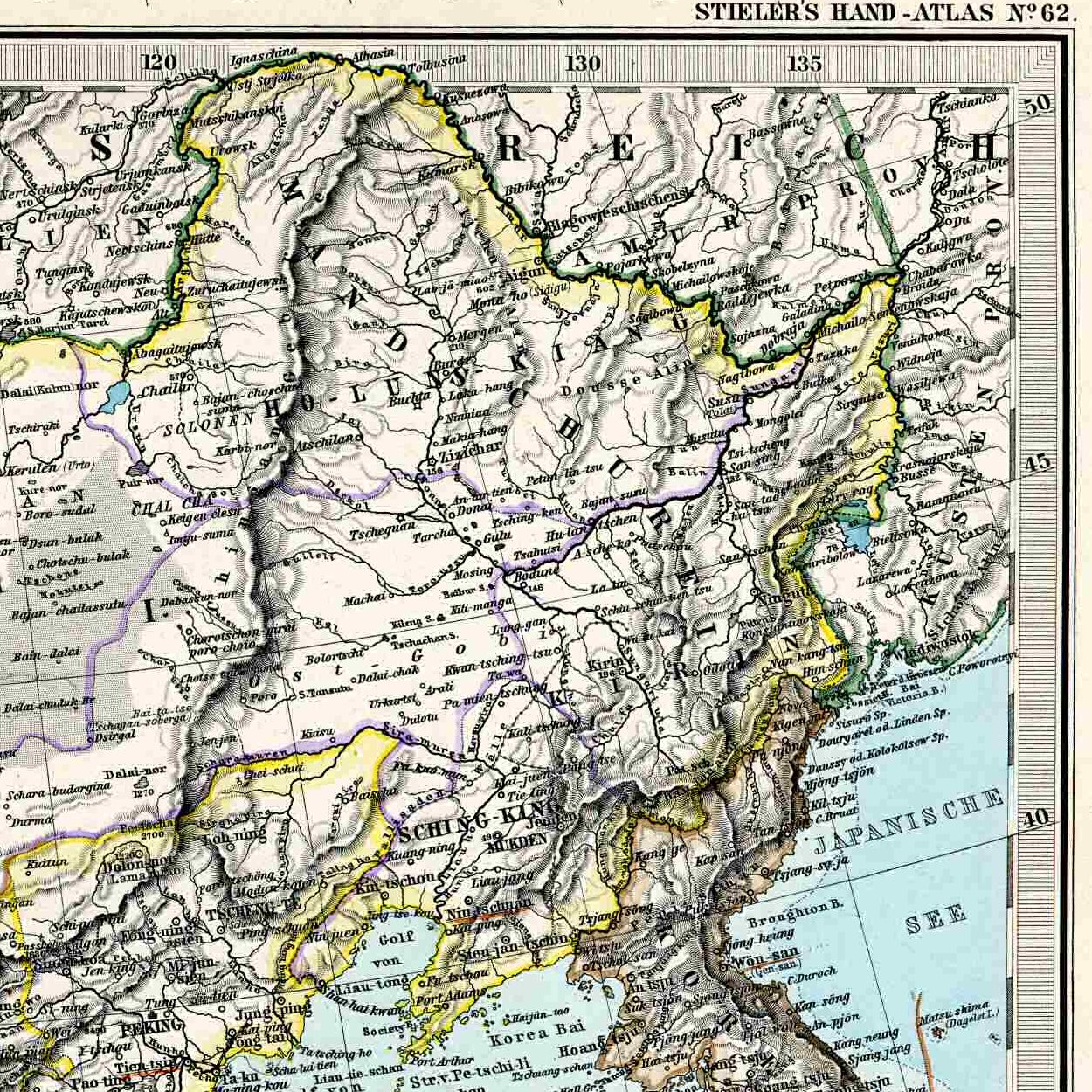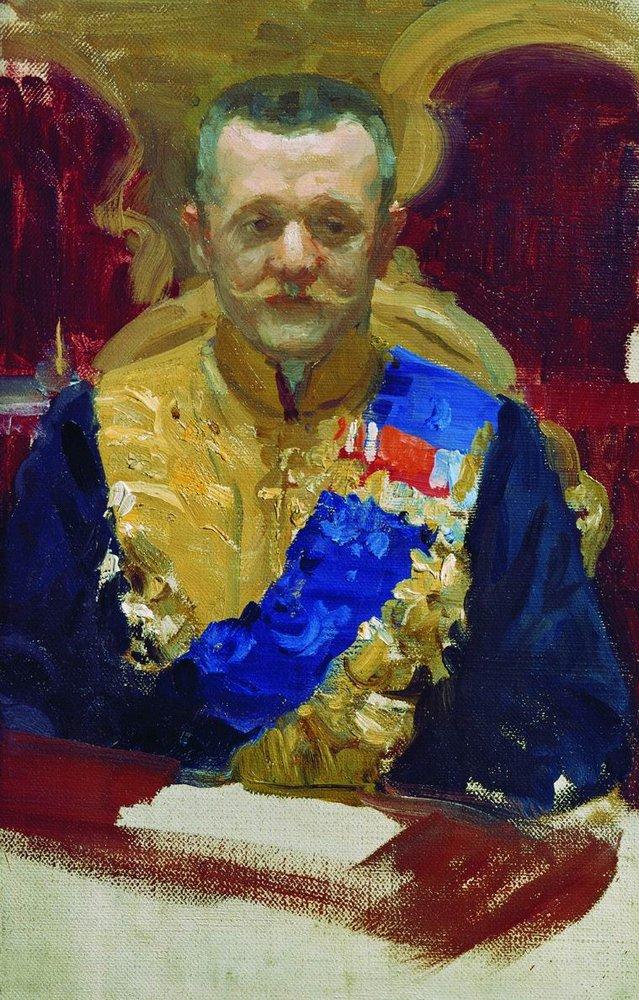|
Muravyov
Muravyov (russian: Муравьёв, from meaning "ant"), or Muravyova (feminine form; ), also transliterated as Muraviev, Muravyev or Murav'ev, is a Russian-language surname. Notable people with the surname include: * Alexey Muravyov (1900–1941), Soviet army officer * Dimitry Muravyev (born 1979), Kazakhstani road bicycle racer * Irina Muravyova (born 1949), Soviet actress *Konstantin Muraviev (1893–1965), Bulgarian politician * Matvey Muravyev (1784–1836), Russian explorer * Mikhail Muravyov (other) – several people * Nadezhda Muravyeva (born 1980), Russian handball player *Nikita Muravyov (1795–1843), a member of the Decembrist movement *Nikolay Muravyov-Amursky (1809–1881), a Russian statesman and diplomat * Nikolay Muraviev (1850–1908) Russian statesman *Nikolay Muravyov-Karsky (1794–1866), Russian military leader and statesman * Olena Muravyova (1867–1939), Ukrainian opera singer * Vladimir Muravyov (athlete) (born 1959), former Soviet track and fi ... [...More Info...] [...Related Items...] OR: [Wikipedia] [Google] [Baidu] |
Nikolay Muravyov-Amursky
Count Nikolay Nikolayevich Muravyov-Amursky (also spelled as Nikolai Nikolaevich Muraviev-Amurskiy; russian: link=no, Никола́й Никола́евич Муравьёв-Аму́рский; – ) was a Russian general, statesman and diplomat, who played a major role in the expansion of the Russian Empire into the Amur River basin and to the shores of the Sea of Japan. The surname Muravyov has also been transcribed as Muravyev or Murav'ev. Early life and career Nikolay Muravyov was born in Saint Petersburg and graduated from the Page Corps in 1827. He participated in the Siege of Varna in the Russo-Turkish War in 1828–1829, and later in suppression of the November Uprising in Poland in 1831. Due to health reasons, he retired from the military in 1833 and returned home to manage his father's estate. However, he returned to active duty in 1838, as General Golovin's aide-de-camp, to serve in the Caucasus region. During one of the campaigns against the mountain people Muravyo ... [...More Info...] [...Related Items...] OR: [Wikipedia] [Google] [Baidu] |
Alexey Muravyov (colonel)
Alexey Ilyich Muravyov (; 28 October 1900 – 25 June 1941) was a Red Army colonel killed in World War II. Drafted into the Red Army during the Russian Civil War, Muravyov fought on the Eastern Front and in the Polish–Soviet War as a cavalryman, ending the war as a junior commander. He served in command positions with cavalry units between the wars, and had a stint as a staff officer during the early 1930s. In the late 1930s he quickly advanced from regimental to command to temporary commander of two rifle divisions and in 1941 became commander of the 209th Motorized Division in Belarus. Muravyov's division saw comparatively little action in the opening days of Operation Barbarossa, but despite this he was killed in action on the third day of the war. Early life and Russian Civil War Muravyov was born on 28 October 1900 in the village of Zhelanya in the Yukhnovsky Uyezd of Smolensk Governorate (now Ugransky District of Smolensk Oblast). Drafted into the Red Army in M ... [...More Info...] [...Related Items...] OR: [Wikipedia] [Google] [Baidu] |
Vladimir Muravyov (translator)
Vladimir Sergeyevich Muravyov (russian: Влади́мир Серге́евич Муравьёв; February 12, 1939 in Vitebsk – June 10, 2001 in Moscow) was a Russian translator and literary critic. He was awarded the Inolit Prize for Best Translation in 1987 (''The Great Pursuit'' by Tom Sharpe). In 1976 Muravyov published a pioneering Russian article in the Soviet Union titled "Tolkien and Critics". Together with Andrey Kistyakovsky, he made the first official, though partial, Russian translation of ''The Lord of the Rings'', published in 1982 with an introductory foreword. Muravyov continued the work after Kistyakovsky's death. Life Muravyov graduated from the philological faculty of the Moscow State University. He wrote two monographs on Jonathan Swift (1968, 1972) and several articles on modern English-American science fiction. He was working in the Soviet Library of Foreign Literature when he started the search for Western reviews of ''The Lord of the Rings''. Muravy ... [...More Info...] [...Related Items...] OR: [Wikipedia] [Google] [Baidu] |
Nikita Muravyov
Nikita Mikhailovich Muravyov (russian: Никита Михайлович Муравьёв) ( – ) was an Imperial Guards staff officer and plotter in what led to the Decembrist revolt of 1825. Muravyov was active in a number of proto-Decembrist organizations. In 1816, he was among the founders of the Union of Salvation, a secret society. In 1820, he spoke out for republican government in the Union of Welfare. After the Union of Welfare's 1821 dissolution, Muravyov joined the supreme duma and was a leader in the Northern Society, and was elected to the Southern Society's directory. He wrote a draft constitution for a Russian state, and a tract "Curious Conversation" arguing the need to rise against despotism. He was on leave in the country when the Decembrist revolt occurred on 14 December 1825, and did not participate directly in it. But he was complicit, arrested and imprisoned in the Peter and Paul Fortress. He was condemned to death, but the sentence was commuted t ... [...More Info...] [...Related Items...] OR: [Wikipedia] [Google] [Baidu] |
Irina Muravyova
Irina Vadimovna Muravyova (russian: link=no, Ирина Вадимовна Муравьёва; born 8 February 1949) is a Russian film, television and stage actress, who is most known for her performances in ''Moscow Does Not Believe in Tears'' (1979), ''Karnaval'' (1981), ''The Most Charming and Attractive'' (1985) and her work with Maly Theatre of Moscow (since 1993). She was awarded with USSR State Prize, Order of Merit for the Fatherland and Order of Honour. Biography Muravyova was born on 8 February 1949 in Moscow, Russia. In 1982 she graduated from Russian Academy of Theatre Arts. Her first minor film role was in '' Deti Don-Kikhota''. Her first major film appearance was in the 1974 film ''A Very English Murder''. Her early works include ''Au-u!'' (1975) and ''Duenya'' (1976). Muravyova gained popularity after appearing in the 1980 film ''Moscow Does Not Believe In Tears''. Her other screen appearances include ''Okhota na lis'' (1980), ''My, nizhepodpisavshiyesya'' (1981) ... [...More Info...] [...Related Items...] OR: [Wikipedia] [Google] [Baidu] |
Muravyov-Apostol (other)
Muravyov-Apostol may refer to: * Ivan Muravyov-Apostol (1762–1851), a Russian statesman and writer, the son of Elena Apostol, a granddaughter of Danylo Apostol * Matvey Muravyov-Apostol (1793–1886), a Russian Decembrist, lieutenant-colonel of the Tsarist Russian Army, the son of Ivan Muravyov-Apostol * Sergey Muravyov-Apostol Sergey Ivanovich Muravyov-Apostol (russian: Серге́й Ива́нович Муравьёв-Апо́стол) ( – ) was a Russian Imperial Lieutenant Colonel and one of the organizers of the Decembrist revolt. He was one of five Decembr ... (1796–1826), a Russian Decembrist, lieutenant-colonel of the Tsarist Russian Army, the son of Ivan Muravyov-Apostol * Ippolit Muravyov-Apostol (1806–1826), a Russian decembrist and warrant officer, the son of Ivan Muravyov-Apostol {{disambiguation, surname Russian noble families ... [...More Info...] [...Related Items...] OR: [Wikipedia] [Google] [Baidu] |
Olena Muravyova
Olena Oleksandrivna Muravyova or Elena Aleksandrowna Muravyova (Ukrainian: Муравйова Олена Олександрівна, Russian: Муравьёва Елена Александровна) (b. on 22 May (3 June) 1867 in Kharkov, Russian Empire (today Kharkiv, Ukraine) – died on 11 November 1939 in Kiev, Ukrainian SSR, Soviet Union), was an opera singer and vocal teacher. For more than 30 years of musical and educational activities in Kiev, she emerged as a prominent expert in vocal training, awarded Merited Artist of Ukrainian SSR (1938). Biography Olena Muravyova studied at the Moscow conservatory (1886-1888) From 1890 to 1901, she was a soloist of the Bolshoi Theatre in Moscow. From 1900 she was one of the most renown teachers of voice in Ukraine and schooled over 400 singers, among them Miliza Korjus, Zoia Gaidai, Ivan Kozlovsky, Larissa Rudenko, and Elena Petlyash. Over the years she kept close contact with Mykola Lysenko, Boris Lyatoshynsky, Viktor Kosenko, L ... [...More Info...] [...Related Items...] OR: [Wikipedia] [Google] [Baidu] |
Mikhail Muravyov (other)
Mikhail Nikolayevich Muravyov may refer to: *Mikhail Nikitich Muravyov Mikhail Nikitich Muravyov or Murav'ev (russian: Михаил Никитич Муравьёв; – ) was a Russian poet and prose writer, "one of the best educated and most versatile writers of his generation in Russia".C. L. Drage, 'M. N. Mu ... (1757-1807), Russian poet and prose writer *Count Mikhail Muravyov-Vilensky (1796-1866), known for his suppression of the Polish-Lithuanian January Uprising of 1863 *Count Mikhail Nikolayevich Muravyov (1845-1900), Russian diplomat and statesman, known for his activities in the Russian Far East * Mikhail Artemyevich Muravyov (1880–1918), Russian military figure and politician * Mikhail Muravyov (footballer) (born 1965), Russian footballer {{Hndis, Muravyov, Mikhail ... [...More Info...] [...Related Items...] OR: [Wikipedia] [Google] [Baidu] |
Vladimir Muravyov (athlete)
Vladimir Pavlovich Muravyov (russian: Владимир Павлович Муравьёв) (born 30 September 1959 in Karaganda, Kazakh SSR) is a former Soviet track and field athlete who competed in the sprints. He was the winner of two gold medals in 4×100 m relay at the Olympic Games. He was also three times Soviet champion outdoors, and two times indoor champion. At the 1980 Summer Olympics, Vladimir Muravyov was sixth in the 100 metres final, but went out in the heats of the 200 metres, but he ran the opening leg in the Soviet 4×100 m relay team, which won the gold medal. At the 1982 European Championships, Muravyov was seventh in 200 m. At the first World Championships he reached the semifinal in 200 m and was a member of Soviet 4×100 m relay team, which won the bronze. Muravyov missed the 1984 Summer Olympics due to the boycott. In 1985 he was second behind Poland's Marian Woronin in the European Cup, but went on to win the relay, but was sixth at the 198 ... [...More Info...] [...Related Items...] OR: [Wikipedia] [Google] [Baidu] |
Nikolay Muravyov-Karsky
Nikolay Muravyov (russian: Николай Николаевич Муравьёв-Карский; 14 July 1794 – 23 October 1866) was an Imperial Russian military officer and General of the Russian Army. A member of the mighty Muravyov family, he distinguished himself during the battle of Warsaw (1831) of the November Uprising. He continued to serve in the military and took active part in the fights of the Crimean War. For his role in the Siege of Kars The siege of Kars was the last major operation of the Crimean War. In June 1855, attempting to alleviate pressure on the defence of Sevastopol, Emperor Alexander II ordered General Nikolay Muravyov to lead his troops against areas of Ottoman ..., captured on November 28, 1855 (according to Gregorian calendar), the tsar awarded him with a prestigious title "Karski" ("of Kars"), added to his surname. {{russia-mil-bio-stub 1794 births 1866 deaths Imperial Russian Army generals Russian nobility Russian people of the Nove ... [...More Info...] [...Related Items...] OR: [Wikipedia] [Google] [Baidu] |
Nadezhda Muravyeva
Nadezhda Konstantinovna Muravyova (russian: Надежда Константиновна Муравьёва; born in 30th June 1980 in Bratsk, Russia).She is a Russian team handball player, playing in the Russian women's national handball team."Oroszország" ''handball.hu'' – 2007 december 2 (Hungarian) (Retrieved on December 20, 2007) She won a gold medal with the Russian team in the . At the |
Nikolay Muraviev
Nikolay Valerianovich Muraviev or Muravyov (russian: Никола́й Валериа́нович Муравьёв) (1850–1908) (anglicized Nicholas V. Muravev) was an Imperial Russian politician, nephew of the famed Count Nikolay Muravyov-Amursky, explorer and Governor General of the Russian Far East. Muraviev was a graduate of both the University of Saint Petersburg and the University of Moscow. Early in his career he was a noted lecturer on criminal law at the University of Moscow and served in various positions within the judiciary. He came to prominence after successfully prosecuting the assassins of Emperor Alexander II. In 1892 he was appointed Imperial Secretary. He served as Minister of Justice from 1894 to early 1905. He was appointed Ambassador to Italy in 1905 and served until his death in 1908. He was married to Katharina Vasilyevna Slepzowa (1862-1929), who secondly married the German industrialist Prince Guido Henckel von Donnersmarck Guido Georg Friedric ... [...More Info...] [...Related Items...] OR: [Wikipedia] [Google] [Baidu] |


